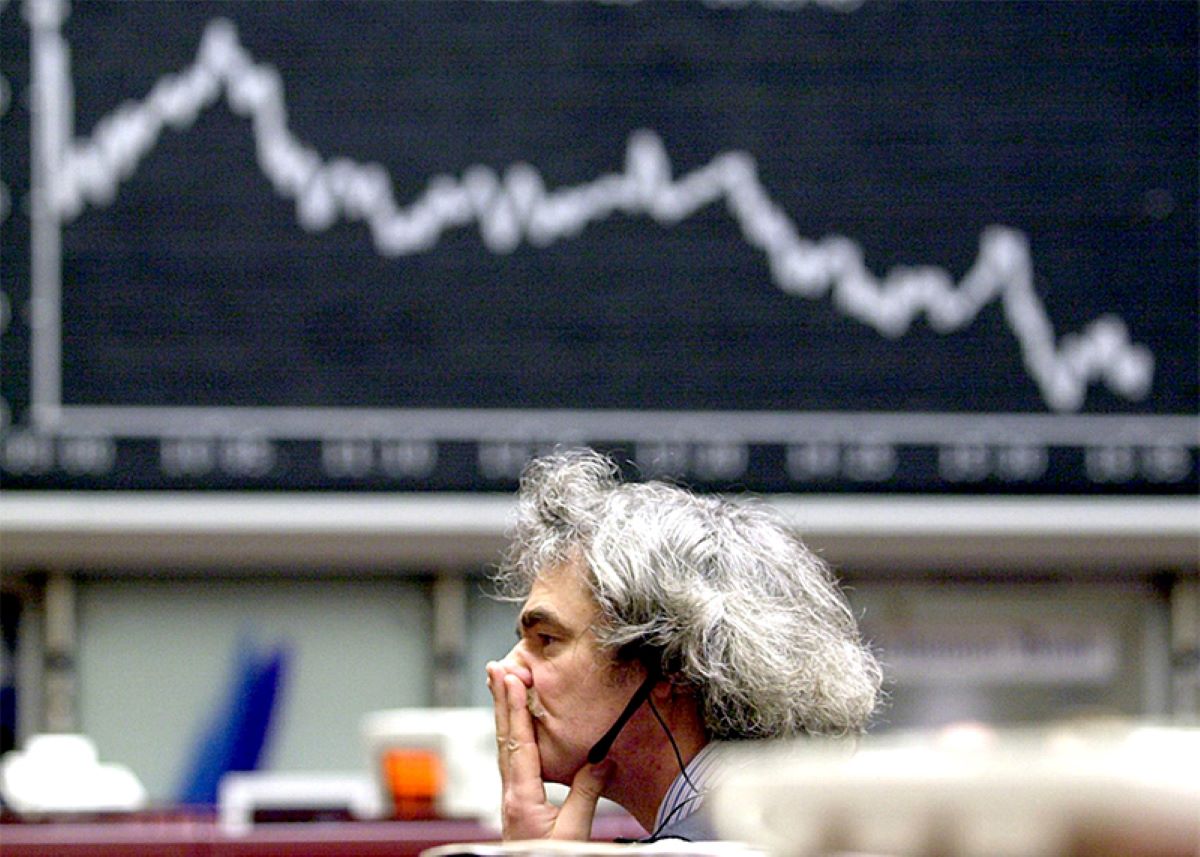Meloni and the spread, the great economic “battle” of the centre-right government
In recent days, the President of the Honorable Council Giorgia Meloni she welcomed the narrowing of the spread, which she considers a merit of her government. It’s just another embarrassing example of parochialism from a government that Aspen Institute likes. Today, after years of spread, the impoverishment of our country is evident in everything (from public works, to education and health, to cite just three examples). Nevertheless, no economist makes an honest and truthful balance sheetall consider the status quo as an unavoidable condition and open their arms sighing: “They are the laws of the market”.
But I – a jurist – know that the laws (also and above all those of the market) are made by the legislators, who are none other than the national parliaments. And this is precisely the point: the national parliaments no longer count for anything, they have been deprived of their functions by supranational bodies controlled by finance. The spread is a great example of what I’m saying (for more than thirty years). To better explain the terms of the question, before starting my analysis of the spread, I mention the so-called “rule of 72”, which is used to calculate quickly and without complex calculations how much time, investing capital at a given rate of ‘interest (and obviously avoiding affecting it), you double it.
Simply divide 72 by the interest rate (or yield) and the result equals the number of years it takes to double your principal. If, for example, the interest rate were 2% per annum, it would take the investor about 36 years to double his capital. If it was 3% a year, 24 years and so on.
It is a rule applicable to all quantities that grow/decrease at a “compound” rate. If a country’s GDP grows at 3% annually, its economy will take around 24 years to double, or if it grows at 6% it will take around 12 years. This information is essential to understand the damage that 22 years of spreads have caused to the Italian economy. An article published on Money.it explains quite well what the spread is.
What is the BTP-Bund spread?
The Btp-Bund spread indicates the differential (i.e. the difference) between the yield on Italian treasury bills and against their German counterparts. Answer the question what is it spread Btp-Bund it is therefore quite simple: let’s talk about the difference in yields between Italian government bonds (BTPs) and German government bonds (Bunds). Government bonds are bonds that a country issues in exchange for money by the investor, with a relative yield to be paid at a given maturity. The more solid and strong the health of a country is, the less return the State will give to the investor because it is a very safe investment – there is no risk that the State will not be able to repay those who bought its bonds.
The more a nation’s economy is at risk, the higher the return will be according to the reverse reasoning.
In summary, to explain what it is spread Btp-Bund, it can be said: it is a value that tells us how much more dangerous it is to lend money to the Italian state (by buying Btp) compared to buying the Bund. The BTP is compared to the German government bond because the Bund is seen by the market as a risk-free security given that Germany’s economy is very solid. The higher the Btp-Bund spread, the higher the risk in buying the Btp. The more the spread decreases, the more Italy is assessed as a credible and secure state.
Who evaluates the soundness of an economy?
rating agencies, Standard and Poor’s e Moody’s. In an article in Il Corriere della Sera dated 16 January 2022, the shareholders of the main rating agencies were indicated: the names of the main global investment funds (BlackRock, State Street and Vanguard), investment banks, large capitalists such as Warren Buffet, speculative hedge funds and conservative pension funds.
Why does the solidity of an economy affect the spread?
Subscribe to the newsletter
